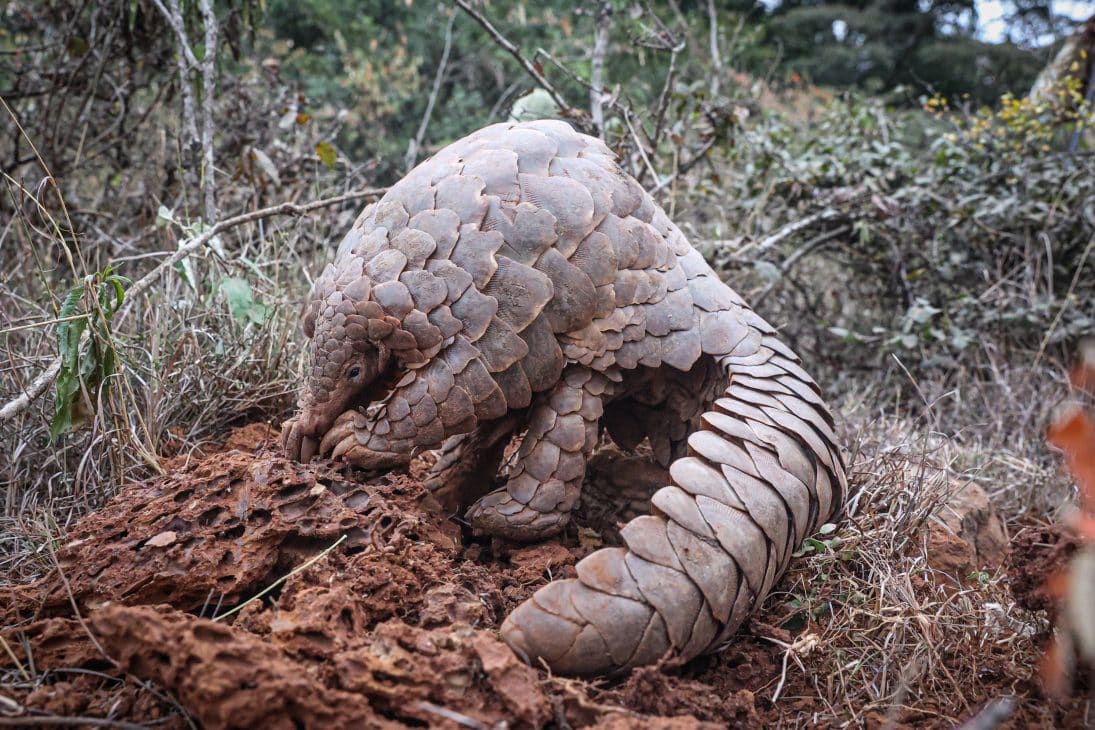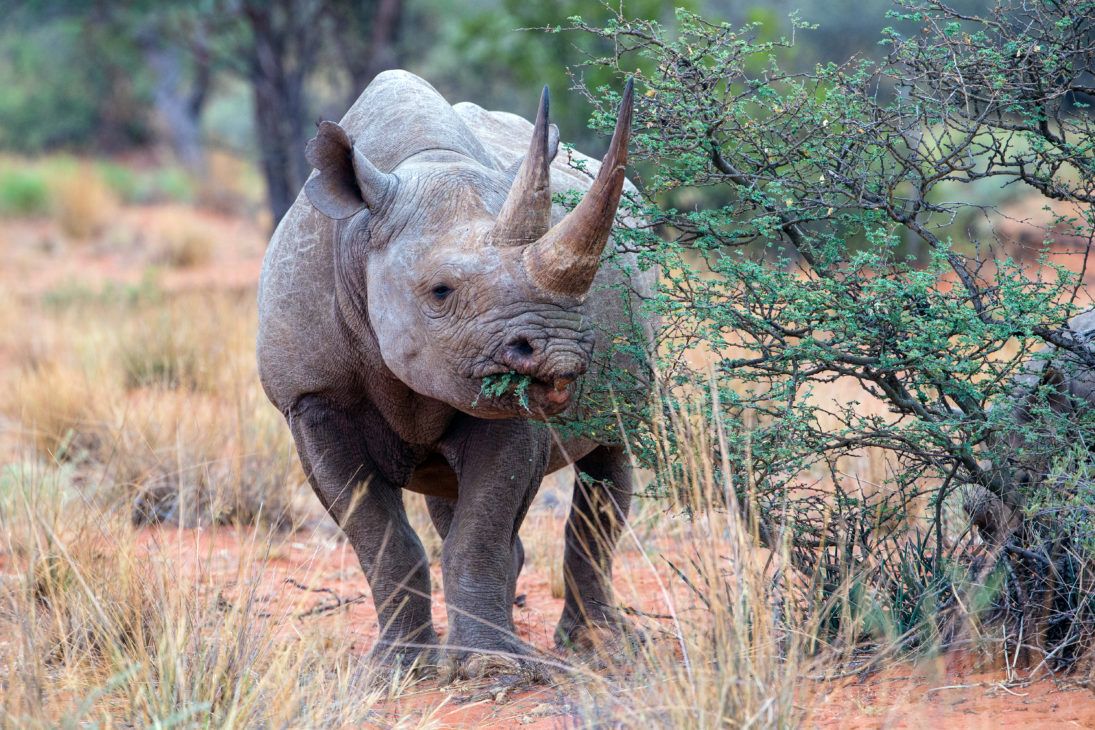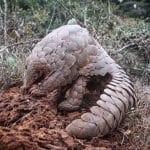Support Those Impacted by Foreign Aid Suspension
The U.S. Department of State’s recent 90-day stop-work order for all U.S. foreign assistance has resulted in immediate funding loss for many conservation organizations that rely on these resources to maintain their critical work. For many organizations, this represents a true economic emergency.
WCN’s Emergency Relief Fund is designed to get rapid support to organizations experiencing a crisis. You can help conservationists bridge this sudden funding gap and continue protecting our planet’s most vulnerable wildlife species.
DONATE TO SUPPORT THE EMERGENCY RELIEF FUND
If you prefer, you can also donate directly to any of the organizations below that have been impacted by these orders or to any of WCN’s Wildlife Funds— which can provide emergency support to grantees. WCN will be monitoring this situation and providing updates on this page as they become available.

Cheetah Conservation Botswana
Emergency Funding Amount Needed: $162,813Cheetah Conservation Botswana
Funding Amount Needed: $162,813 USD
Cheetah Conservation Botswana aims to preserve the nation’s cheetah population through scientific research, community outreach and environmental education, working with rural communities to promote coexistence with Botswana’s rich diversity of carnivore species.


Hutan
Emergency Funding Amount Needed: $204,000Hutan
Funding Amount Needed: $204,000 USD
HUTAN is a grassroot non-profit organization dedicated to conserve the orangutan, elephant and other wildlife species in the forests of Lower Kinabatangan and across Sabah.


MarAlliance
Emergency Funding Amount Needed: $15,000MarAlliance
Funding Amount Needed: $15,000 USD
MarAlliance explores, enables, and inspires conservation action for threatened marine wildlife and their critical habitats, working with dependent human communities.


Rwanda Wildlife Conservation Association
Emergency Funding Amount Needed: $110,000Rwanda Wildlife Conservation Association
Funding Amount Needed: $110,000 USD
Rwanda Wildlife Conservation Association applies home-grown solutions to protect and restore threatened wildlife and wild places.


Saiga Conservation Alliance
Emergency Funding Amount Needed: $314,251Saiga Conservation Alliance
Funding Amount Needed: $314,251
Saiga Conservation Alliance (SCA) is committed to restoring the saiga antelope to its position as the flagship species of the Central Asian and pre-Caspian steppes, reflecting the species’ cultural and economic value to local people and its fundamental role in the steppe ecosystem.


Seratu Aatai
Emergency Funding Amount Needed: $70,000Seratu Aatai
Funding Amount Needed: $70,000 USD
Seratu Aatai works to ensure elephants and people live in harmony.


Small Mammal Conservation Organization
Emergency Funding Amount Needed: $250,000Small Mammal Conservation Organization
Funding Amount Needed: $250,000 USD
Small Mammal Conservation Organization works with key stakeholders to empower local communities, maintain healthy landscapes and protect imperiled small mammal species.


California Wildlife Program
California Wildlife Program
WCN’s California Wildlife Program (CWP) aims to restore and connect fragmented habitat, benefiting pumas and other wildlife throughout California.
The CWP can provide emergency grants to organizations protecting California’s wildlife.


Elephant Crisis Fund
Estimated Financial Impact on Grantees: $5.1MElephant Crisis Fund
Estimated Financial Impact on Grantees: $5.1M
The Elephant Crisis Fund (ECF) identifies and supports the most effective projects and partners in Africa, and in ivory consuming nations, to end the ivory crisis and secure a future for elephants. The ECF exists to fuel their efforts, encourage collaboration, and deliver rapid impact on the ground.
The ECF can provide emergency grants to organizations protecting elephants throughout their range.


Lion Recovery Fund
Estimated Financial Impact on Grantees: $5.4MLion Recovery Fund
Estimated Financial Impact on Grantees: $5.4M
The Lion Recovery Fund (LRF) funds game-changing conservation actions by the most effective, vetted partners who work collaboratively to bring lions back. Through strategic investments and collaboration with other public and private donors, the Lion Recovery Fund aspires to double the number of lions in Africa, regaining those lions lost over the past 25 years. Its committed to seeing thriving savannah landscapes where Africa’s people, its economic development, and its lions all coexist.
The LRF can provide emergency grants to organizations protecting lions throughout their range.


Pangolin Crisis Fund
Estimated Financial Impact on Grantees: $3MPangolin Crisis Fund
Estimated Financial Impact on Grantees: $3M
The Pangolin Crisis Fund (PCF) invests in the best projects to stop the poaching of pangolins, stop the trade and demand for pangolin products, and raise the profile of this little-known animal.
The PCF can provide emergency grants to organizations protecting pangolins throughout their range.


Rhino Recovery Fund
Estimated Financial Impact on Grantees: $3.8MRhino Recovery Fund
Estimated Financial Impact on Grantees: $3.8M
The Rhino Recovery Fund (RRF) invests in the most effective organizations and projects dedicated to defending our remaining rhinos and supporting their recovery.
The RRF can provide emergency grants to organizations protecting rhinos throughout their range.

Application for support from WCN’s Emergency Relief Fund is by invitation only.














